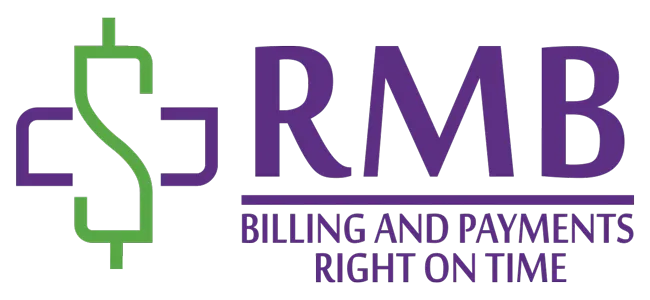Professional Billing vs Institutional Billing: What’s the Difference?
If you are applying for a position in a medical billing company, you must understand the various types of healthcare service providers. There is a clear distinction between billing in healthcare versus billing in other professions. Most experienced medical billers will tell you significant differences between institutional and professional billing.
Healthcare professionals in the industry distinguish professional and institutional billing by understanding their purpose and the services they encompass in the billing process.
Let’s look at the objective of both professional billing and hospital billing to see how they differ.
What is Professional Medical Billing?

Professional billing charges claims for medical services or treatments provided by physicians or healthcare professionals to people with medical coverage. For the same reason, professional billing is known as physician billing. A medical office covers administrative responsibilities for a medical practice such as visiting patients, arranging consultations, verification and registration, money collection, and various other services such as medical billing.
Professional billing is a necessary procedure governing many administrative duties related to medical practices, such as scheduling appointments, greeting patients, verification and registration, and payment processing. The proof is required as extremely specific in-patient and out-patient treatments will be invoiced under the patient’s insurance plans.
What is Institutional Medical Billing?
Institutional billing is the process of charging claims for in-patient and out-patient services performed by hospitals or healthcare organizations. For the same reason, hospital billing is often known as institutional billing.
In addition, hospital billing accounts for the services provided by professional nurses. It also bills claims for medical services such as laboratory tests, medical supplies, equipment, imaging, etc. Institutional billers are occasionally assigned responsibilities that are not the same as professional billers. Most institutional billers like Texas Medical Billing are simply in charge of billing or do both billing and collections. The achievement of collecting, charging, and billing are critical tasks of institutional billers.
The fundamental difference between professional billing and institutional billing is that professional billing is limited to the services provided by a physician or multiple physicians, whereas institutional covers all the charges related to interventions & administrative charges during the patient’s stay in a hospital or outpatient emergency department.
Capabilities of Professional Billing and Institutional Billing
Medical billers play a vital role in the healthcare industry, whether in professional or institutional billing. All billers must understand critical areas:
- Medical providers have access to large amounts of data for each insurance company to file medical claims effectively.
- Medical billing staff have access to sensitive, confidential client health information and must be aware of HIPAA privacy and security standards.
- Experience with the billing system saves time, reduces mistakes, and eliminates problems.
- Understanding the importance of benefits verification involves knowing what is covered in the patient’s plan and how to bill claims correctly to avoid payment delays.
You may also be interested to read about Best Practices For Improving Patient’s Appointments
Types of Medical Billing Claims for Institutional and Professional Billing
There are different types of healthcare claims. Now we discuss two types of medical billing claims one is for professional billing and the other one is for institutional billing.
1. CMS-1500 For Professional Billing
CMS-1500 form is used for professional billing. The 837-P, which is the electronic counterpart of the CMS 1500 form, is used in professional billing. The letter “P” refers to professional configuration.
2. UB-04 For Institutional Billing
The UB-04 form is used for institutional billing. The 837-I is used for electronic claims in institutional billing. The letter “I” represents the institutional configuration.
How might professional billing and institutional billing be used to increase revenue?
Both physician and hospital billing remain distinct in revenue distributions or rising revenue reimbursements. Nonetheless, their processes play a significant role in preventing denials and fraudulent actions. It becomes the primary responsibility of the biller to ensure that no claims or treatments go unbilled or unnoticed. However, while filing the claims, the biller must be wary of medical billing and coding problems. Problems can occur to a variety of causes, including clerical and technological errors.
To avoid mistakes in billing, most hospitals and other healthcare providers choose to outsource professional billing and institutional billing services. One of the primary responsibilities of an institutional hospital biller is to complete collections and control the billing process. Hospital coding is supposed to be far more sophisticated than independent physician coding, thus institutional matters are handled only by coding professionals. It is important to have billers and coders that understand the entire process thoroughly. Only then, can revenue increase.




